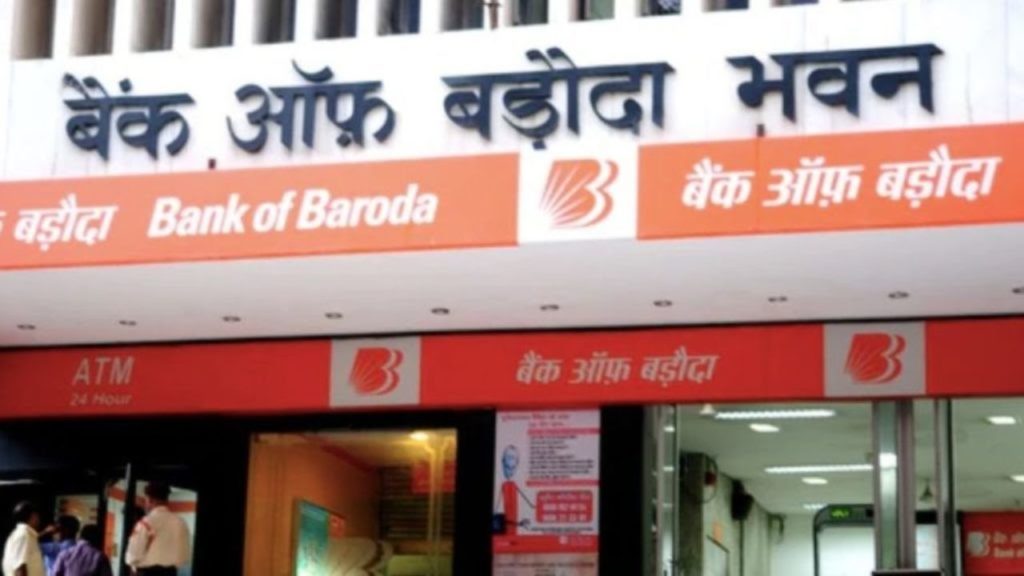Rs 6000 Crore Scam Hits Bank Of Baroda, FIR Filed: Find Out How Rs 6000 Crore Was Sent Abroad Illegally

As per the latest development, CBI has filed two supplementary chargesheets in connection with alleged illegal remittance of Rs 6,000 crore against a Bank of Baroda branch in Delhi to Hong Kong, camouflaged as payment for imports.
How Did This Happen?
The central agency has alleged that a group of people opened accounts and deposited funds in them through various other accounts, as per the charge sheets filed before a special CBI court.
Under supplementary chargesheets, the CBI has named nine accused including Tanuj Gulati, Ish Kumar, Ujjwal Suri, Hunney Goel, Sahil Wadhwa, Rakesh Kumar, Sagar Gulati, Bhanu Gulati and VPC Management Consultants Pvt. Ltd.
Prior to this, during 2015, the agency had booked several officials of the bank and others.
They were alleged for making remittances of over Rs 6,000 crore to South East Asian countries by 59 current account holders from the Ashok Vihar branch of Bank of Baroda in the garb of purported payments of “non-existent” imports, according to sources.
According to the agency, the Ashok Vihar branch of the bank was a relatively new one and got permission to entertain forex transactions only in 2013.
Between July, 2014 and July, 2015, Rs 6,000 crore was transferred through nearly 8,000 transactions done.
Interestingly, all the remittances were made to Hong Kong.
Officials say that the amount was remitted as advance for import and in most of the cases, the beneficiary was the same.
Senior officials said that most of the foreign exchange-related transactions were carried out in the newly opened current accounts.
They have observed heavy cash receipts but the branch did not generate Exceptional Transaction Report (ETR).
Also, did not monitor the high value transactions.
Smurfing
Basically, these remittances were sent by splitting them into amounts below USD 1 lakh to avoid automatic detection by the software used by banks to alert them about such transactions.
In taxation language, the technique is known as’ smurfing’ since the holders were able to skip the scrutiny of such transactions.
Further, officials said that “It was revealed that most of the addresses given by the companies /firms were either false or the companies/firms did not exist at the said addresses. Most of the accused persons allegedly involved in perpetration of the said crime have been identified and their interrogation is underway,”.

Comments are closed, but trackbacks and pingbacks are open.